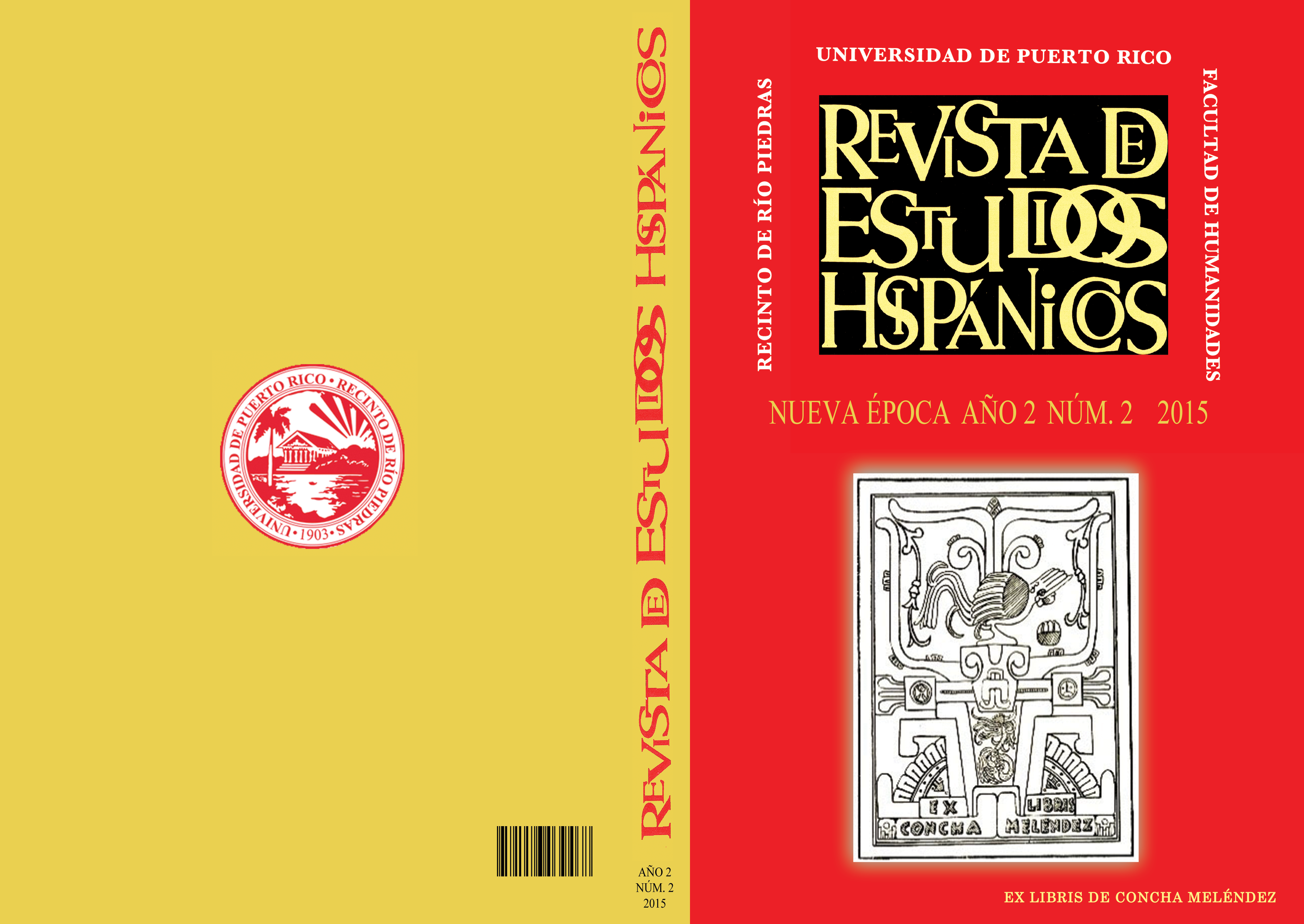Abstract
In the Peruvian poetic panorama of the 1950s, the work of Efraín Miranda Luján, a poet born in the region of Puno in southern Peru, stands as a valuable proposal that, because of its singularity, takes away from the dominant poetics of the time. We are interested in highlighting how, from a discourse that seems to respond to the prevailing hegemonic canon, present in Muerte Cercana, his first book, builds, after twenty-four years, a marginal discourse that becomes evident in Choza, his second book. Therefore, in the first place, we will review the poetic trajectory of this author in his relations with the poetic currents of his time as well as with the vital and cultural circumstances that will define his poetics. Subsequently, we will briefly review some aspects of the discourse, present in the book, which highlight the tone de-colonizer of this work and also his intercultural proposal.This work is licensed under a Creative Commons Attribution-NonCommercial 4.0 International License.
Downloads
Download data is not yet available.

